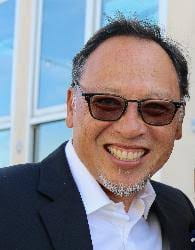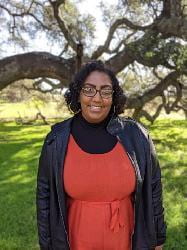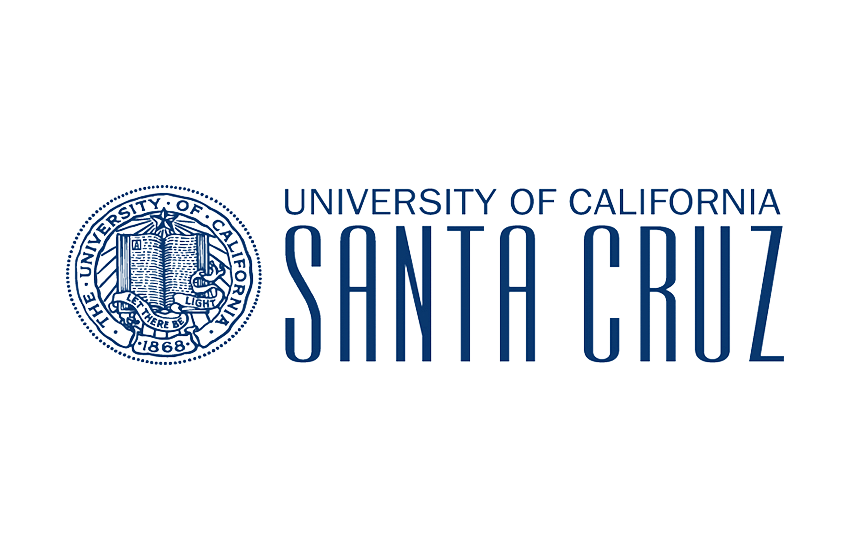Learn About Who We Are
Project History
We Belong is a collaborative research project based at UC Santa Cruz that grew from several on-going campus-community programs: the Community-based Action Research and Advocacy (CARA) Program, directed by Dr. Leslie Lopez, and No Place Like Home, co-led by Prof. Steve McKay. Both programs involve and train undergraduate researchers, as well as have long-term partnerships with community organizations. Our key partners are leading anti-poverty groups who work closely with local immigrant communities and include the Community Action Board/Thriving Immigrants Collaborative, Community Bridges, and United Way/Jovenes Sanos. They identified a clear need for better research on the experiences of immigrant families in order to improve their services and support advocacy efforts. They also expressed an urgency for better data in light of changing national immigration policies and fear among immigrant communities.
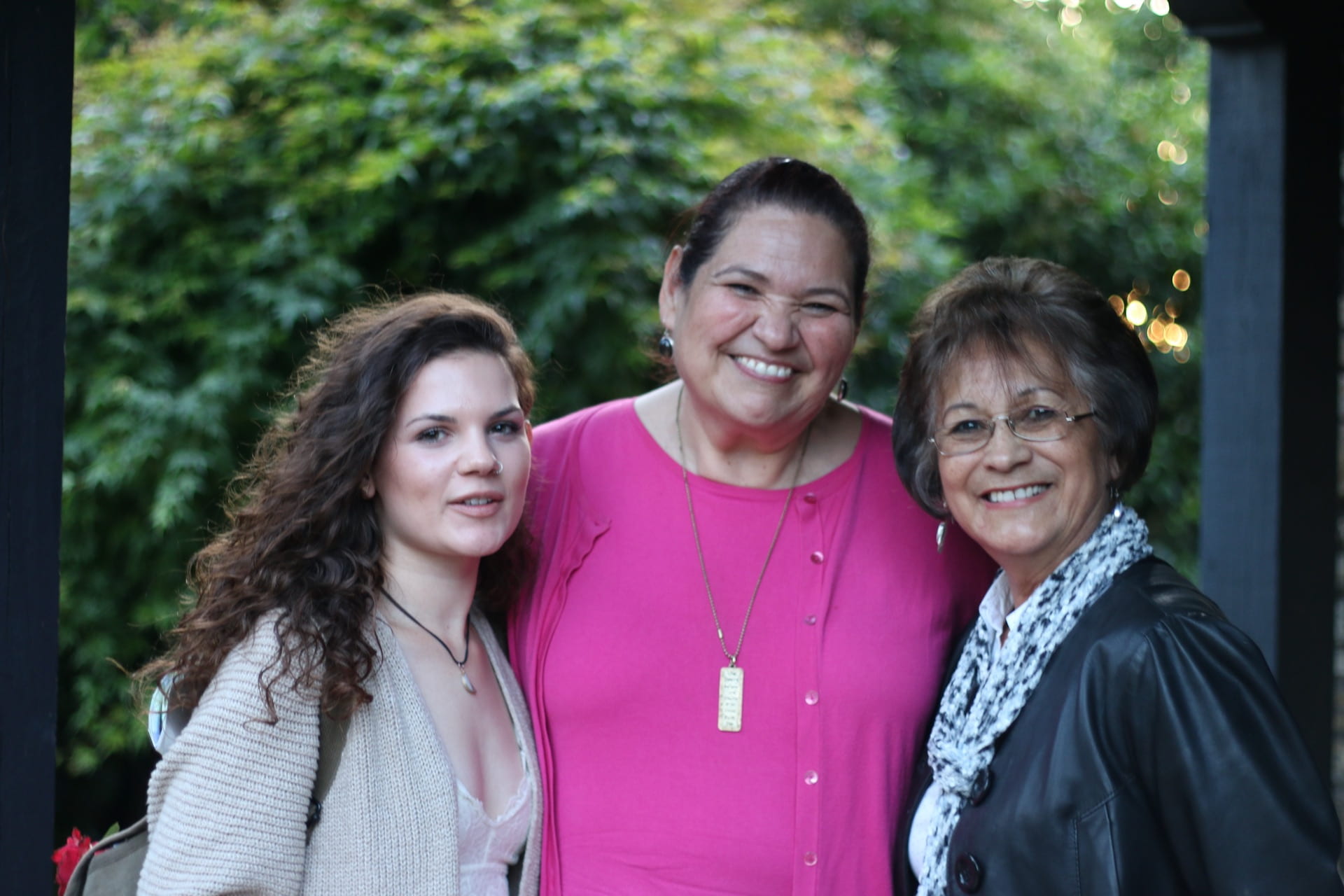
Goals
– Produce and share new data on the experiences and critical needs of immigrant communities
– Elevate immigrant voices
– Inform and articulate a county-wide action and policy agenda for inclusivity and justice
– Strengthen existing networks and coalitions on and off campus
– Train and involve undergraduate students and local youth to engage with the community and build research skills.
– Provide immigrant families with information on their rights and available resources and services
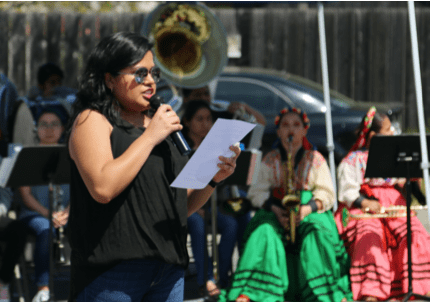
Our Coalition
UCSC Campus Teams
Co-Principle Investigators
Graduate Student Researchers and Coordinators
Daniel Alberto Rodriguez Ramirez
Fatima Raja
Karina Ruiz
Theresa Marie Johnson
Alberto Ganis
Web Development
-
- Marla Hernandez, Sociology
- Tayler Olson, Sociology
- Alejandro Ruelas-Mora, Intensive Psychology & Sociology w/ a Concentration in GISES
- Sophie Shaw, Sociology & Legal Studies
- Alysia Leon, Sociology
- Shivani Modha, Sociology & Philosophy
- Alberto Ganis, Politics
Data Analysis
- Marlen Reyes, Sociology and Critical Race and Ethnic Studies
- Jennifer Aimee Martinez, Sociology and Education, Democracy, and Justice
- Crystal Alvarez Castillo, Sociology
- Cristy Gonzalez, Psychology & Sociology
- Marlene Nava, Sociology
- Karla Santiago-Reyes, Sociology and Critical Race and Ethnic Studies
Interviewers
- Shayda Hami, Sociology & Latin American and Latino Studies
- Janetzi Juarez, Education & Legal Studies
- Anakaren Quintero Davalos, Psychology
- Danae Yepez Grageola, Sociology & Latin American and Latino Studies
Project Partners
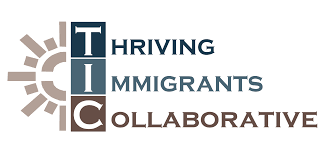
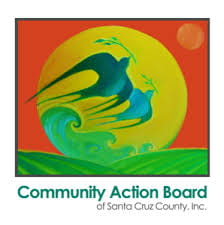
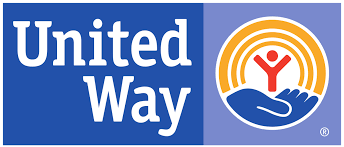
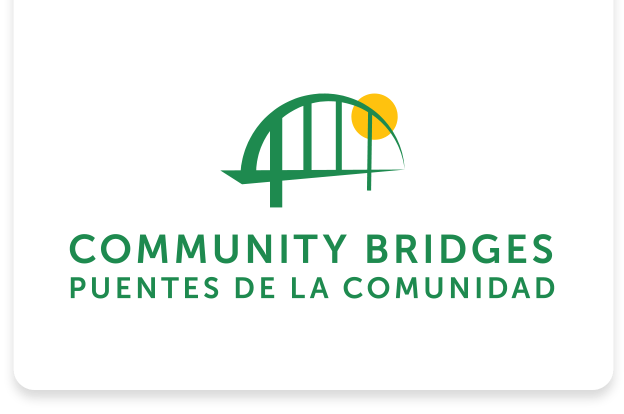
Community Partners

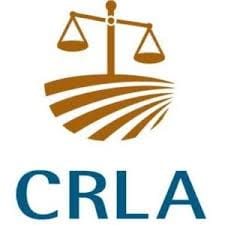
CRLA provides legal services in conjunction with a series of innovative programs and special initiatives that focus on the most pressing issues facing low-income communities: housing; employment; education; workplace safety; discrimination; income maintenance and healthcare access.
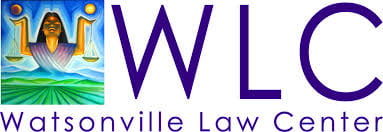
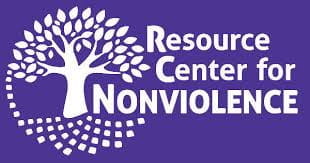
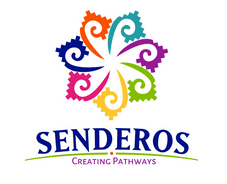

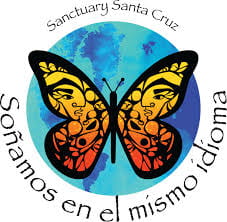
Funders

Institute for Social Transformation -Sprout Grant

Division of Social Science – Building Belonging Internships

UCSC Student Fee Advisory Committee
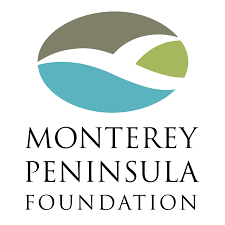
Monterey Peninsula Foundation

